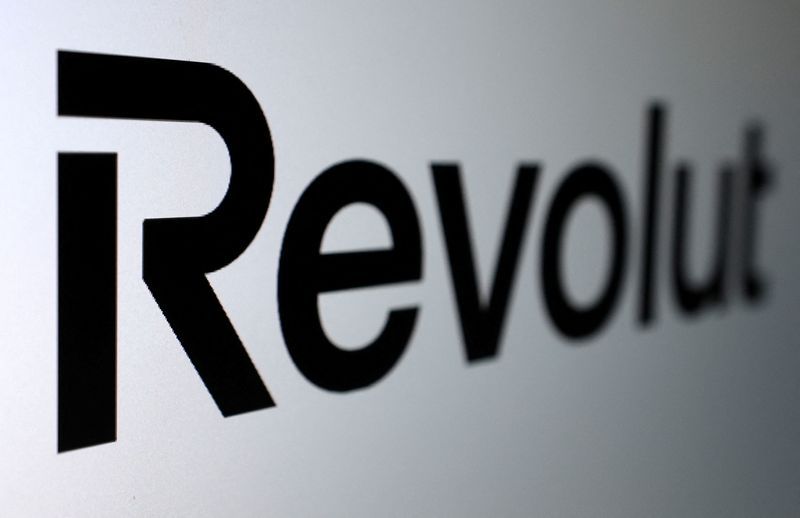
FILE PHOTO: Universal Music Group logo and stock graph seen displayed in this illustration taken, May 3, 2022. REUTERS/Dado Ruvic/Illustration/File Photo
(Reuters) - Major record labels Sony Music, Universal Music Group and Warner Records sued artificial intelligence companies Suno and Udio on Monday, accusing them of committing mass copyright infringement by using the labels' recordings to train music-generating AI systems.
The companies copied music without permission to teach their systems to create music that will "directly compete with, cheapen, and ultimately drown out" human artists' work, according to federal lawsuits filed against Udio in New York and Suno in Massachusetts.
"Our technology is transformative; it is designed to generate completely new outputs, not to memorize and regurgitate pre-existing content," Suno CEO Mikey Shulman said in a statement.
Spokespeople for Udio did not immediately respond to a request for comment on the complaints.
The complaints said Suno and Udio users have been able to recreate elements of songs including The Temptations' "My Girl," Mariah Carey's "All I Want for Christmas Is You" and James Brown's "I Got You (I Feel Good)," and could generate vocals that are "indistinguishable" from musicians such as Michael Jackson, Bruce Springsteen and ABBA.
The labels asked the courts to award statutory damages of up to $150,000 per song the defendants allegedly copied. They accused Suno of copying 662 songs and Udio of copying 1,670.
The lawsuits are the first to target music-generating AI following several cases brought by authors, news outlets and others over the alleged misuse of their work to train text-based AI models powering chatbots like OpenAI's ChatGPT. AI companies have argued that their systems make fair use of copyrighted material.
Cambridge, Massachusetts-based Suno and New York-based Udio have raised millions in funding this year for their AI systems, which create music in response to user text prompts.
The labels' complaints said the companies have been "deliberately evasive" about the material they used to train their technology, and that revealing it would "admit willful copyright infringement on an almost unimaginable scale."
"Unlicensed services like Suno and Udio that claim it's 'fair' to copy an artist's life's work and exploit it for their own profit without consent or pay set back the promise of genuinely innovative AI for us all," Mitch Glazier, CEO of the Recording Industry Association of America, said in a statement.
(Reporting by Blake Brittain in Washington; Editing by David Bario and David Gregorio)








































